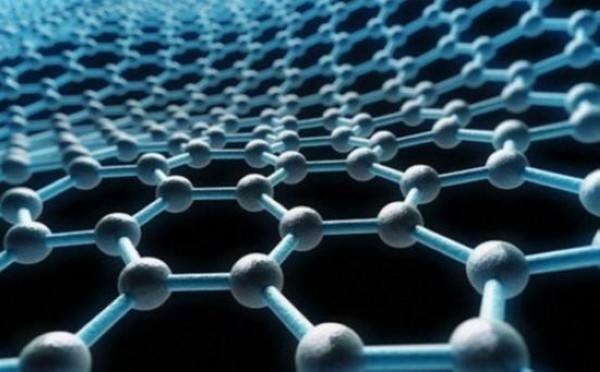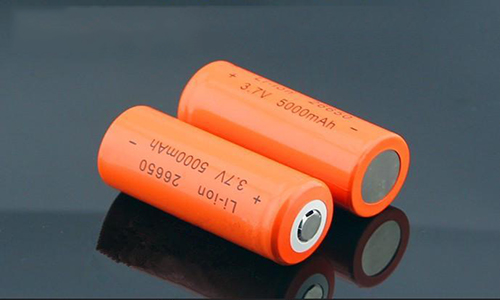How to Extend Lithium-ion Battery Life-Life Expectancy and Extending
Mar 16, 2020 Pageview:4697
Nowadays, mobiles and laptops are a basic necessity. With smartphones becoming available at a cheaper rate almost every person owns one. These devices have given us access to everything in the world, and that too with a mere click. Entertainment, work, or socialising, it is all there on your devices.
Lithium-ion batteries are responsible for providing us continuous access to them. These are known for their rechargeable features but do you know that you can extend their life expectancy? You can make your battery perform much better if you take the necessary steps. In this article, you will get answer to all such questions and much more.
Do you know the life expectancy of a lithium-ion battery?
The life expectancy of a lithium-ion battery depends on various factors. Some of them are:
1.Charging level
2.Rate of charge/discharge
3.Type of battery
4.Temperature
5.Storage conditions.
For example, in case of a battery whose discharge cycle runs between fully charged to 80% DOD. In such a case, the life expectancy is of 1000-1500 cycles. A test was run on lithium ion batteries in 2017. The batteries were tested in real-world conditions by reaching a certain discharge rate. According to the report, the life-expectancy of a lithium-ion battery is 7 years provided the battery cycles within a 47% DOD. It was tested without active thermal management. The next test was performed with active thermal management. The battery was cycled with a 54% restricted operating range and the result was 10 years lifetime.
How do you extend the life of your lithium-ion battery?
These days we have so many apps in our smartphones and so much work to do on our laptops that battery discharges really soon. We use them on the go. The necessity of these devices is so much that there are power outlets at public places nowadays. Thus, knowing some tips that will help extend the life of your lithium-ion battery are a must. So, here they are:
Temperature:
Temperatures play an important role in impacting battery life. You have to store the battery at a temperature of about 20-25 degrees Celsius. If you are using a USB cable to charge your mobile in the car then don’t leave the mobile phone in the car during hot hours. Due to high temperature, the lithium-ion battery will get damaged and it will start discharging sooner.
Discharge after partial discharge:
The batteries must be discharged partially. In case you are an extensive user, then ensure you recharge the batteries after it is partially discharged and not fully discharged.
Buy a recently manufactured battery:
The battery life decreases with time, no matter you use it frequently or do not use it at all. So it’s important for you to buy a battery that is recently manufactured so that charging capacity is high. Also, carry a spare battery for emergencies.
Do remember to recharge the battery before it gets completely discharged:
Make sure that you recharge the battery before it is fully discharged. If the battery is discharged below 2.5 volts then your charger won’t be able to recharge it. You will need battery analyzers for the same. Adhere to the recharging instructions given in the manual.
Choose correct charge termination method:
You must opt for the correct method of charge termination. The chargers that use minimum charge-current termination are known for extending the battery life. These chargers stop charging when the current drops to C/5. So the lithium-ion battery will be charged approximately 85% and that is an ideal charging percentage you must opt for.
IS it alright to leave a lithium-ion battery on the charger?
No, it isn’t ok at all. If you are going to leave the lithium-ion battery on the charger it won’t get overcharged. Once the battery is fully charged, its internal circuit will prevent further charging until there is a drop in voltage.
The only thing it does is that it damages the charging capacity and it won’t be able to get fully charged again.
There is another issue that you might face. If you leave a lithium-ion battery on the charger for a long time. You will notice a sudden discharge of the battery. So make sure you are around while charging the lithium-ion battery.
In certain cases, it is noticed that continuously charging the lithium-ion batteries increases heat. So the battery may blast in rare cases.
However, there are certain exceptions that won’t damage the lithium-ion battery to an extreme level even after leaving it plugged in. If you are working at a place with cool temperature then overcharging won’t potentially damage the battery.
Coming to the charging method of the lithium-ion battery, you must provide a voltage of +-1% with a constant current. You can use various methods to determine whether the battery is fully charged or not. The total charging time or monitoring the charge current will help you do so.
Final Thoughts
Eventually, the battery will deteriorate but you can definitely use certain methods to prolong its life. The points that we have shared are definitely going to work and you will experience surprising results after following them.
A lithium-ion battery is made to stay for long. They have the capacity to handle hundreds of charge/discharge cycles. Also, you won’t have to completely discharge them before recharging owing to their no memory effect feature.
We must keep in mind that technology is introduced for our convenience and we don’t have to overuse it. Other than taking measures to improve the life expectancy of lithium-ion battery you should also try to use it only when needed.
This way we can also do our bit to save our environment. These small contributions towards the environment can greatly contribute in the long run.
We hope you got all your answers about the life expectancy and extending issues of the Lithium-ion battery and you will take the necessary steps to extend the life of these lithium-ion batteries.
Leave Message
Hottest Categories
-
Hottest Industry News
-
Latest Industry News












